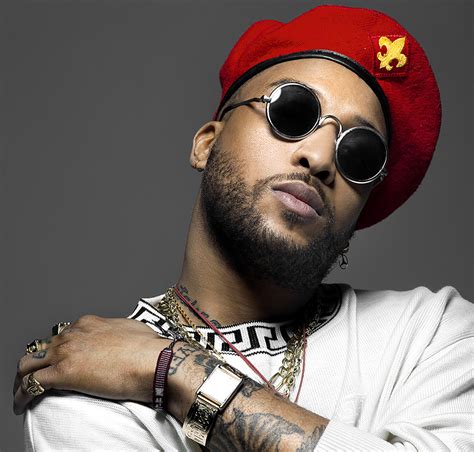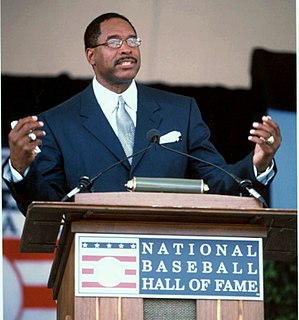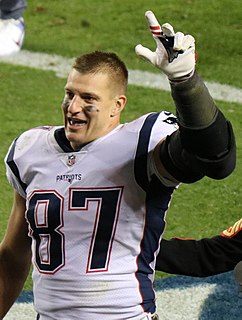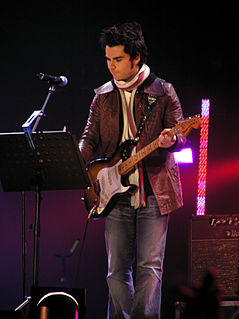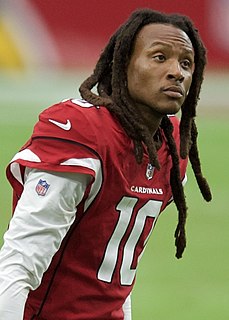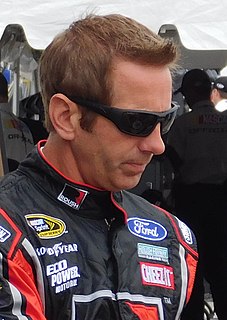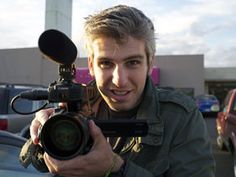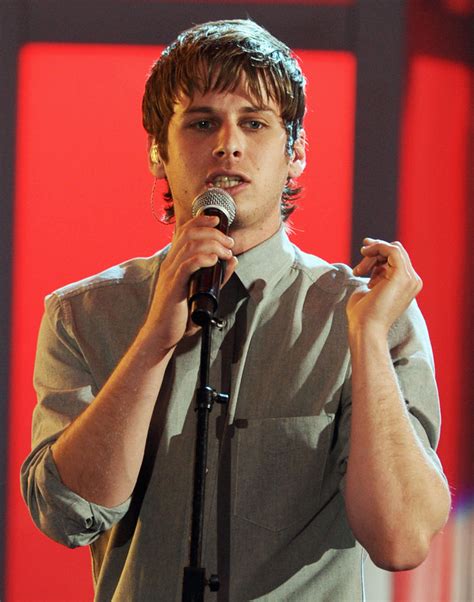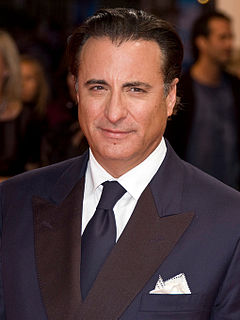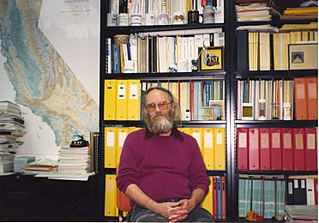A Quote by Joan Didion
I didn’t like it [computer] when I first began using it. Where it’s helped me a lot is in nonfiction which is a kind of different process. You’ve got research, you’ve got your notes, You can block out what you want to work on for the next 10 pages and put it in another file, and then you can kind of carve it into shape
Related Quotes
All I really know in nonfiction is that when I come home, I've got all these notes and I'm trying to figure out what actually happened to me. I usually kind of know what happened, but as you work through the notes, you find that certain scenes write well and some don't even though they should. Those make a constellation of meaning that weirdly ends up telling you what you just went through. It's a slightly different process, but still there's mystery because when you're bearing down on the scenes, sometimes you find out they mean something different than what you thought.
Just put football first, or your job first. Give everything you've got all week, work hard, work super-hard to take it to the next level every week. And when you feel like you got to the point where you want to be, you definitely need the time to go out, relax, have a good time, take all the stress off it.
Every song I've written, it's about what I've gone through, good or bad. It kind of comes out of me, and I'm grateful for that. I've got friends who are back home who've got no way to express that, and they're kind of in a different position in life. It's alarming to me that I've written something on my bedroom floor when I was 19 or something, and then there's 50,000 people that know the words, and they've got a similar feeling. If you thought about it too much, your head would blow up.
Obviously, you've got to make the chase first, so first things first - get in the chase. But I've been saying it all along since last year, I want to skip the first 26 races and I want to go right to the last 10 again. That's where they pay the money. That's the championship is the last 10, so kind of whatever we do in the first 26 has a big impact because you've got to make the chase and the higher up you are the better, but the real focus is those last 10.
One thing you learn about doing nonfiction is that you've got to get it right, fact-check, do your research. You've got to not only get the facts right but represent the subject to the world in a way that insiders feel like it's an access port and outsiders can access it. If you're too insider, you block access to anyone else.
When I'm writing a script, before I can write dialogue or anything, I have two or three hundred pages of notes, which takes me a year. So, it's not like "what happens next." I've got things that I'm thinking about but I don't settle on them. And if I try to write dialogue before then, I can't. It's just garbage.
In Morocco, a Muslim country, I got to hear the call to prayer five times a day. At first it felt kind of scary, kind of dangerous, because of the propaganda towards anything Muslim in the U.S. subconsciously coming out in me. By the end of the trip, it was so beautiful, and then not hearing it when I got back to L.A. really threw me off.
The good reviews that people have told me about through the years haven't really helped me do my job. So it's kind of like, if your hair turns out right you want to go out, you don't just want to stay in and look in the mirror. That's kind of what reading a review is like to me; it's like reveling in something that's just one night.
I started in comedy when I first started as an actor on stage and doing improvisational theater and stuff like that. So a lot of people who know me know that sort of side of me. But I got the roles that I got as an young actor kind of steered me in a different direction, which were, at times, darker characters. And so comedy was not something that came easy for people to think of my in those terms.


